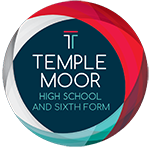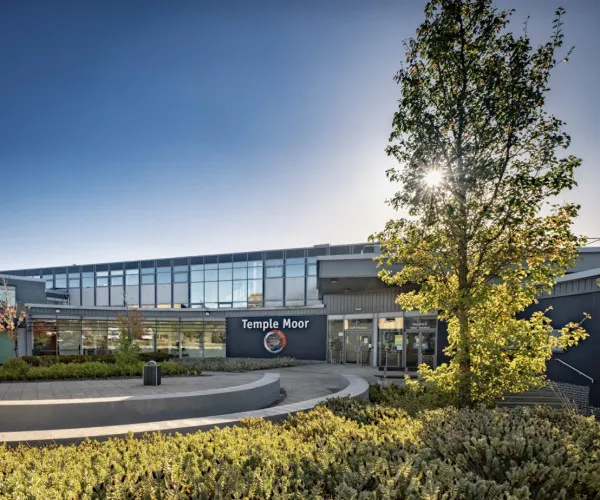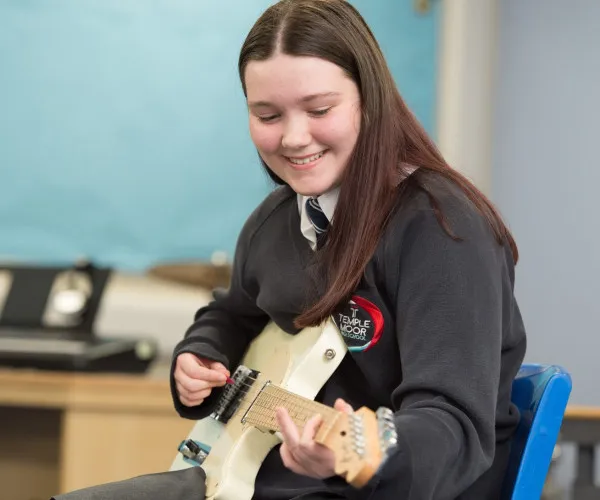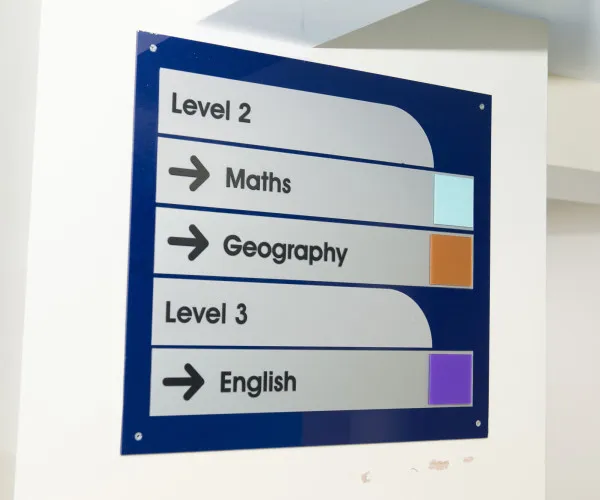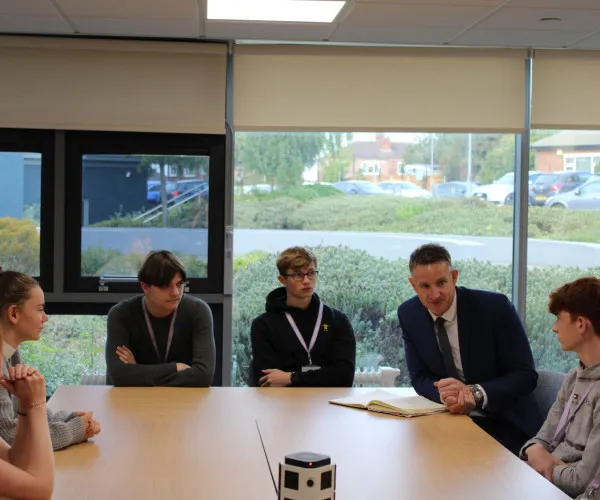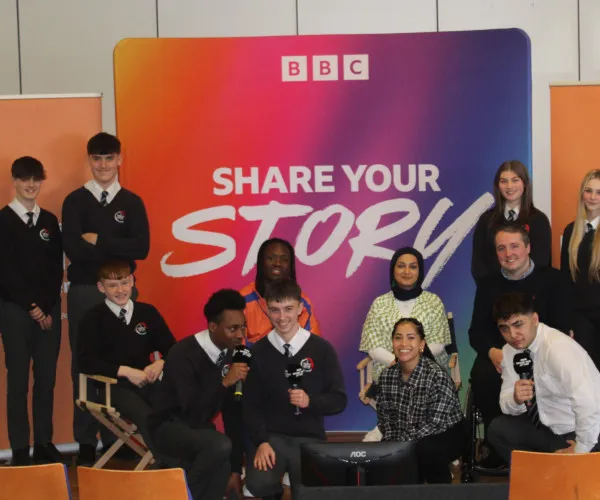- Curriculum
- Assessment
- Form Time
- British Values & Preventing Radicalisation
- Curriculum Subjects
- Art Curriculum
- Business Studies Curriculum
- Communication Curriculum
- Criminology Curriculum
- Design & Technology Curriculum
- English Curriculum
- Geography Curriculum
- Graphic Design Curriculum
- History Curriculum
- ICT Curriculum
- Law Curriculum
- Mathematics Curriculum
- Modern Foreign Languages Curriculum
- Performing Arts Curriculum
- Personal & Character Development
- Photography Curriculum
- Physical Education Curriculum
- Psychology Curriculum
- Read to Succeed
- Religious Education Curriculum
- Science Curriculum
- Sociology Curriculum
- Learning Qualities & Values
- The Options Process
- Supported Study and Revision
Science Curriculum
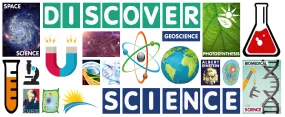 Our curriculum aims:
Our curriculum aims:
We aim to offer students a broad, enriching curriculum that encourages their passion for science to flourish. By allowing our students to use their natural inquisitiveness to build their scientific understanding, we ensure they leave Temple Moor with a deep appreciation of the world around them, whereby they can eloquently explain scientific ideas and link them to their everyday lives.
Details about curriculum structure:
Our curriculum breaks down the key scientific knowledge into 8 key areas: atoms; reactions; materials; forces; energy; cells; diversity; and interdependence. Students study these areas each year as part of their schemes of learning. We also cover the main scientific skills: scientific thinking; experimental skills and strategies; analysis and evaluation; and scientific communication. Students are given regular opportunities to develop and use these skills in lessons.
In KS3 students study a range of units, over 6 hours per fortnight, that link to careers and cover a mixture of Biology, Chemistry and Physics. From KS4 onwards, these separate into specialist disciplines, with students studying either separate (Triple award) Sciences or Combined (Dual award) Science. Dual award students study Science over 10 hours per fortnight, with Triple award students having additional time from an option block.
Key Stage 3
Year 7
- Cells - basic cell structure and functions
- Particles - states of matter and how they change.
- Waves and light - wave types, reflection and refraction
- Nutrition - How we digest food and a balanced diet
- Atoms - atoms and compounds
- Energy - energy types and transfers
- Gas exchange - respiration and respiratory system
- Reactions 1 - basics of chemical reactions
- Forces - types of forces and calculations
Year 8
- Reproduction - human reproduction and contraception
- Periodic table - the history of the periodic table and modern areas of the periodic table
- Sound - sound waves
- Plants - photosynthesis and ecosystems
- Reactions 2 - reactions of acids and displacement reactions
- The universe - space, day and night and the seasons
- Genetics - genes and inherited characteristics
- Earth - rocks and carbon cycle
- Electricity and radiation
- Motion and pressure
Key Stage 4
Year 9
Students go back to studying the small scale in much finer detail. They are offered opportunity to review and extend their knowledge, building on KS3 knowledge, and are pushed to apply their understanding to harder concepts.
- Biology: Cells and plants.
- Chemistry: Atoms and bonding.
- Physics: Energy and the particle model.
Year 10
Concepts become more challenging, and students are pushed to consider how their biological knowledge links to the world around them. In Chemistry, students are challenged to understand what is happening in specific chemical reactions and models play a vital role in understanding difficult physics concepts.
- Biology: Animals, diseases and ecology.
- Chemistry: Calculations, Chemical change, energy change and organic Chemistry.
- Physics: Radiation, Electricity and Forces
Year 11
In their final year of KS4, the emphasis is on the links that can be made between disciplines. Students consider how concepts fit together and can be applied in the world around us, as well as the effects on our world.
- Biology: Homeostasis and inheritance.
- Chemistry: Chemical analysis and atmospheric change.
- Physics: Waves and magnetism (triple students also study space physics).
Key Stage 5
A Level
Biology
Through the study of Biology at A level students will make connections with all living things around them. They will develop observational, analytical, and evaluative skills, which can be transferred to a variety of other subjects. and will have the opportunity to carry out practical work including Ecology fieldwork on a residential visit.
Chemistry
Through the study of Chemistry at A level students will have the chance to develop both a deeper understanding of chemical behaviour and practical skills as a Chemist.
Physics
Through the study of Physics at A level students will review how our universe works, rules and mechanics and the scientific discoveries which lie behind great discoveries. Throughout the course they will build their critical thinking and problem-solving skills
Year 12
Biology
Topics covered:
- Biological molecules.
- Cells.
- Organisms exchange substances with their environment.
- Genetic information, variation, and relationships between organisms.
Chemistry
Topics covered:
- Physical Chemistry (atomic structure, amount of substance, bonding, energetics, kinetics, chemical equilibria, Le Chatelier’s principle and Kc, REDOX).
- Inorganic Chemistry (periodicity, group 2, the alkaline earth metals, Group 7(17), the halogens).
- Organic Chemistry (alkanes, Halogenoalkanes, Alkenes, Alcohols, Organic analysis).
Physics
Topics covered:
- Measurements and their errors.
- Particles and radiation.
- Waves.
- Mechanics and materials.
- Electricity.
Year 13
Biology
Topics covered:
- Energy transfers in and between organisms.
- Organisms respond to changes in their internal and external environments.
- Genetics, populations, evolution, and ecosystems.
- The control of gene expression.
Chemistry
Topics covered:
- Physical Chemistry (thermodynamics, rate equations, equilibrium constant KP for homogeneous systems, electrode potentials and electrochemical cells, acids and bases.
- Inorganic Chemistry (properties of Period 3 elements and their oxides, transition metals, reactions of ions in aqueous solution).
- Organic Chemistry (Optical isomerism, aldehydes and ketones, carboxylic acids and derivatives, aromatic chemistry, amines, polymers, amino acids, proteins and DNA, organic synthesis, nuclear magnetic resonance spectroscopy, chromatography.
Physics
Topics covered:
- Further mechanics and thermal physics.
- Fields and their consequences.
- Nuclear physics.
- Astrophysics.
Qualifications which we offer at KS4 and KS5
GCSE
- AQA Combined Science Trilogy: https://www.aqa.org.uk/subjects/science/gcse/combined-science-trilogy-8464
- AQA Biology: https://www.aqa.org.uk/subjects/science/gcse/biology-8461
- Chemistry: https://www.aqa.org.uk/subjects/science/gcse/chemistry-8462
- Physics: https://www.aqa.org.uk/subjects/science/gcse/physics-8463
- KS4 Crest awards – a recognised qualification involving creative engineering, science and technology awarded by the British Science Association. It aims to foster and encourage scientific and collaborative skills for students in KS4 and 5
A-Level
Enrichment and extracurricular opportunities in the subject
STEM Club – Run in collaboration with maths, this is student led and allows for opportunity to look at problem solving and working together to investigate areas of particular interest.
Y7/Y8 Science Club – This offers students opportunity to continue their love of science by researching projects and carrying out investigations. They are able to then present this work to their peers and gain regular feedback. It also allows students to build their confidence within science and take part in fun activities that extend and enrich classroom based activities.
KS3 Lego Club – where students have the opportunity to work on their teamwork and critical thinking skills using Lego to solve problems.
Where could this subject ultimately take you?
Science is relevant to all careers. Demonstrating the ability to use the scientific competencies is relevant in all places of work, while having an understanding of the world around us is vital when making important decisions that affect our planet. It is also relevant to a variety of careers from medicine and veterinary science, to formula 1, to hair and beauty.
Links to other sites which support study in our subject
- GCSE Pod: www.gcsepod.com
- STEM: https://www.stem.org.uk/
- Royal society of Chemistry: https://www.rsc.org/
- Royal society of Biology: https://www.rsb.org.uk/
- Institute of Physics: http://www.iop.org
Contact details to find out more about our curriculum
Leader of Science: Mrs L Jellett: jellettl@tmhs.rklt.co.uk
Programme Leader: Mr S Murray: murrays@tmhs.rklt.co.uk
Lead Practitioner: Mr B Roa Jurado: roajuradob@tmhs.rklt.co.uk
- Curriculum
- Assessment
- Form Time
- British Values & Preventing Radicalisation
- Curriculum Subjects
- Art Curriculum
- Business Studies Curriculum
- Communication Curriculum
- Criminology Curriculum
- Design & Technology Curriculum
- English Curriculum
- Geography Curriculum
- Graphic Design Curriculum
- History Curriculum
- ICT Curriculum
- Law Curriculum
- Mathematics Curriculum
- Modern Foreign Languages Curriculum
- Performing Arts Curriculum
- Personal & Character Development
- Photography Curriculum
- Physical Education Curriculum
- Psychology Curriculum
- Read to Succeed
- Religious Education Curriculum
- Science Curriculum
- Sociology Curriculum
- Learning Qualities & Values
- The Options Process
- Supported Study and Revision
